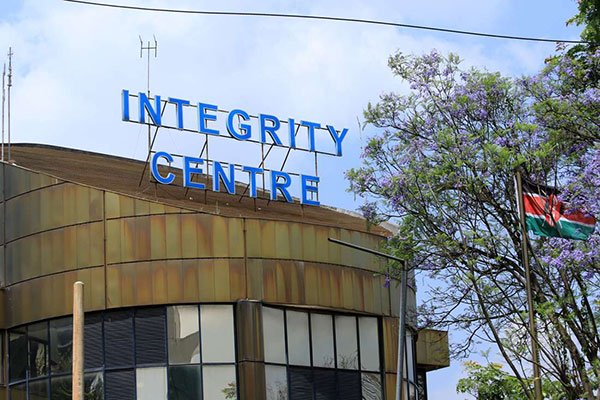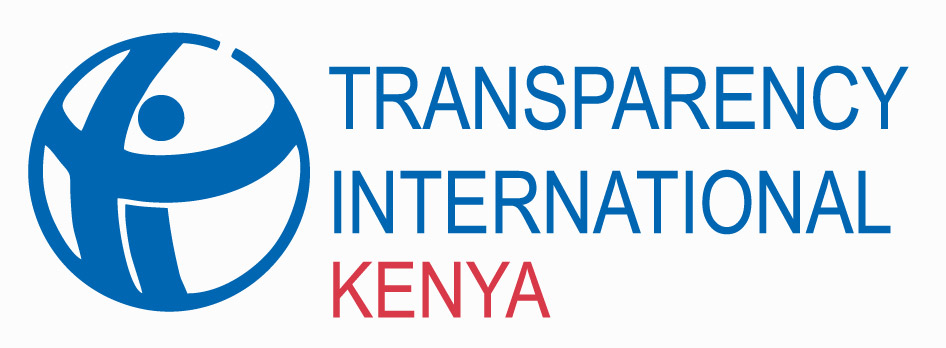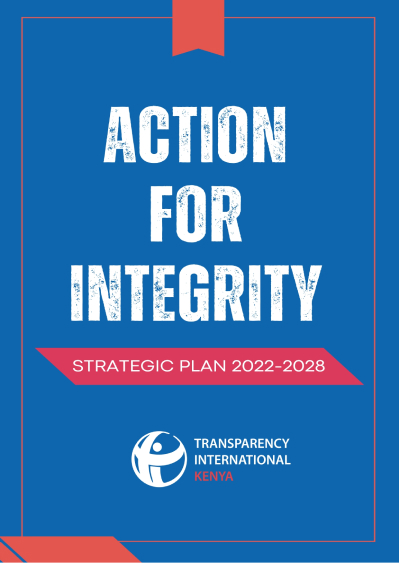
By Sheila Masinde
One of the recurring questions following the recent release of the 2019 Corruption Perceptions Index (CPI) is why Kenya records a poor score despite numerous efforts to fight corruption.
In the past year, we have witnessed a spate of arrests and court arraignments of high-profile individuals — including former and serving governors, a Cabinet secretary, principal secretaries and parastatal chiefs. But Kenya has not burst out of the bottom rung of the CPI, having recorded a score of 28 out of 100 in the recently launched global index by Transparency International, way below the global average of 43 and 32 for Sub-Saharan Africa.
The CPI measures the perceived levels of corruption in the public sector in countries and territories worldwide, drawing on 13 expert assessments and surveys of business executives. It uses a scale of zero (highly corrupt) to 100 (very clean). Since 2012, Kenya has scored 25 to 28 points, having ranked 27th in 2018, depicting slow progress in the fight against corruption.
The unrelenting high perception of corruption could be driven by the fact that expected results from key measures in law enforcement and commitments made against corruption are yet to be seen.
Kenyans need to start seeing the fruits of anti-corruption efforts. Low-lying fruits include the ongoing high-profile cases involving public officials. They should be concluded speedily but without compromising the quality of investigations or prosecution to ensure watertight cases that will hand culprits stringent jail terms commensurate with the crime committed and ensure recovery of the resources lost to graft.
All eyes are trained on the Ethics and Anti-Corruption Commission (EACC) and the Directorate of Criminal Investigations (DCI) to conclude, with sure-fire evidence, investigation of cases that have cost Kenyans heavily during these hard economic times.
Also in the spotlight is the Directorate of Public Prosecution (DPP), where expectations ride high with regard to the quality of prosecutions in the face of robust legal battalions put up by the accused. Defence lawyers have used all manner of legal machinations to exploit the law to the benefit of high-ranking suspects with several acquittals witnessed. Prosecution teams should scale the strong walls of defence put up by the corrupt.
In 2019, we commended the Judiciary following progressive rulings that public officers implicated in corruption must stay out of office. Kenyans expect that graft cases will be heard and determined expeditiously. Last year, the Judiciary said more magistrates were assigned to the anti-corruption court with a specific mandate to conclude all pending cases. These measures, including longer court sessions and adoption of active case management techniques, should contribute towards speeding up of the cases. In addition, mandatory conclusion of corruption cases within a specific timeline, consistent with the way election petitions are heard, should be considered.
Central to successful enforcement is inter-agency collaboration within the justice sector. Asset recovery efforts are also key. Kenya desperately needs stolen resources recovered and repatriated. Execution of an asset recovery fund is important.
The government should also enhance international cooperation mechanisms by concluding further agreements or arrangements to enhance the repatriation of assets.
Our anti-corruption journey has been one of fits and starts and, with these, the hopes of the nation keep rising and falling, denting public confidence and support for the promotion of integrity in the country.
Perhaps a good approach is to strategise on the quick wins — focus on concluding the prosecution and adjudication of some high-profile cases, and enhance recovery efforts this year, to set the pace for a decade where Kenya can register more tangible results in the graft war.


